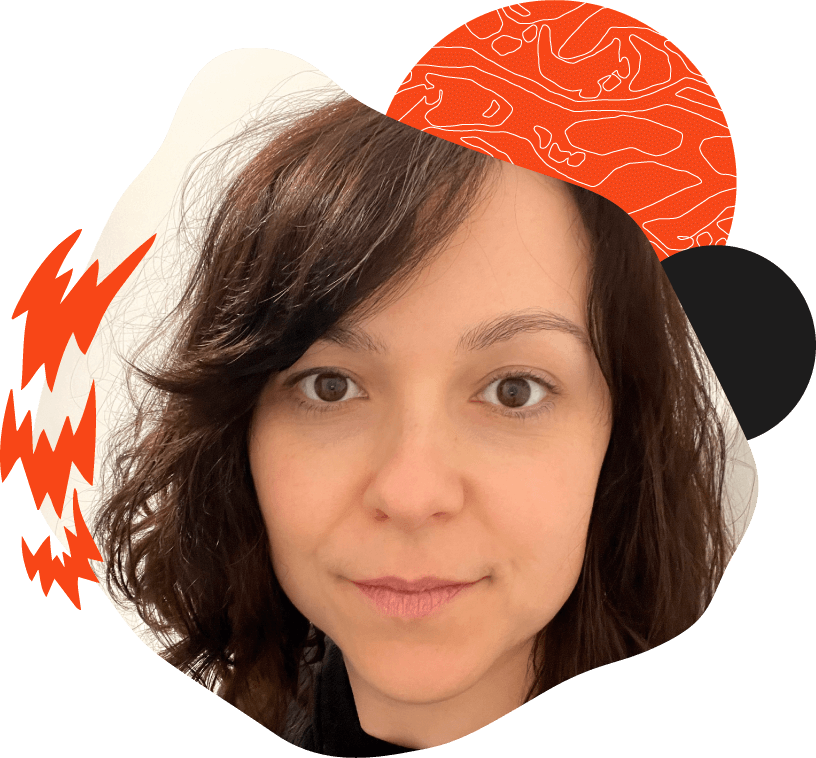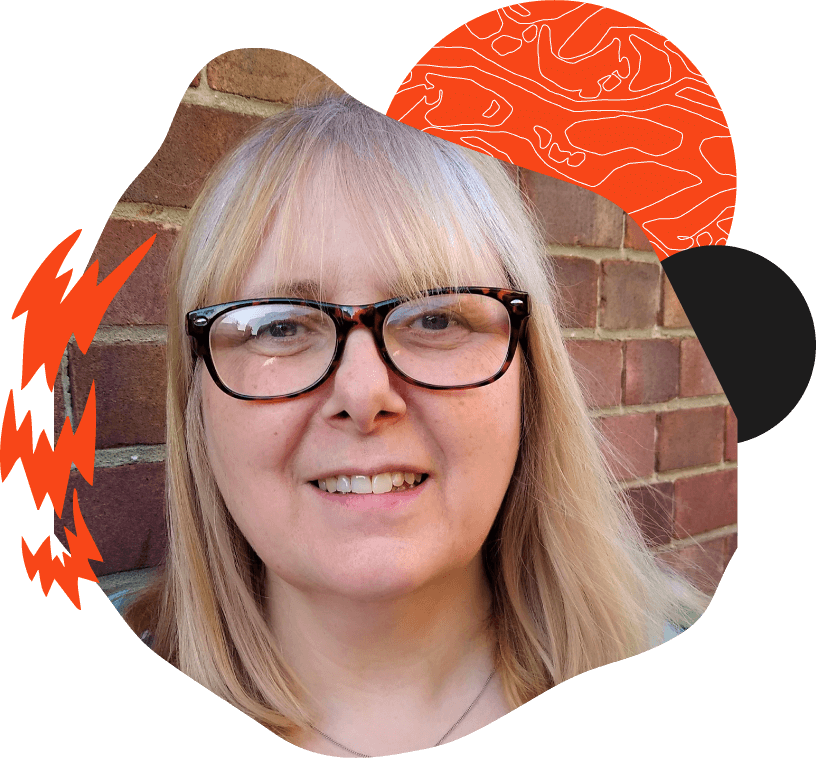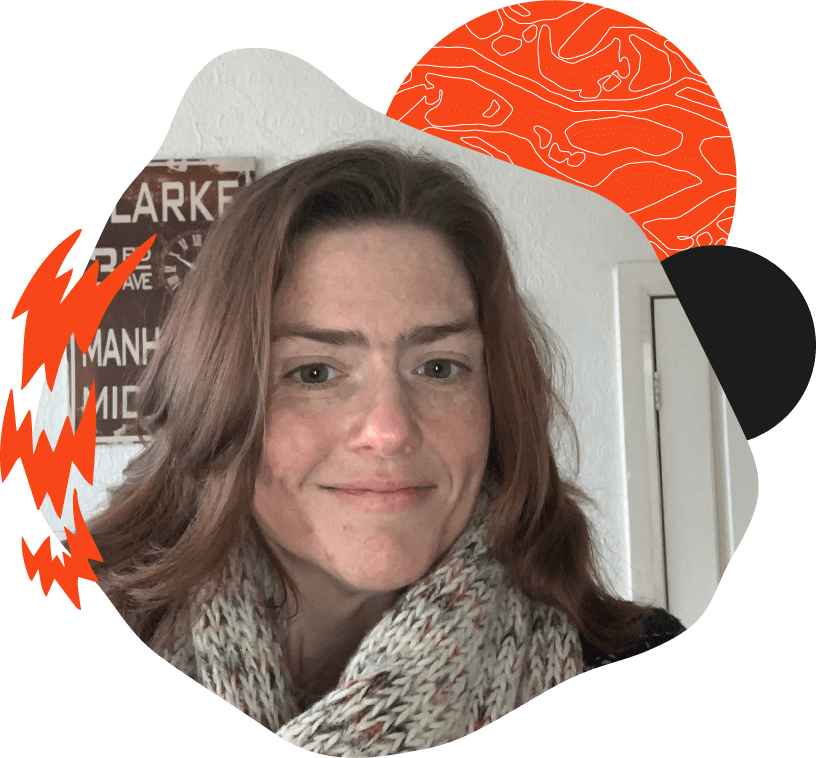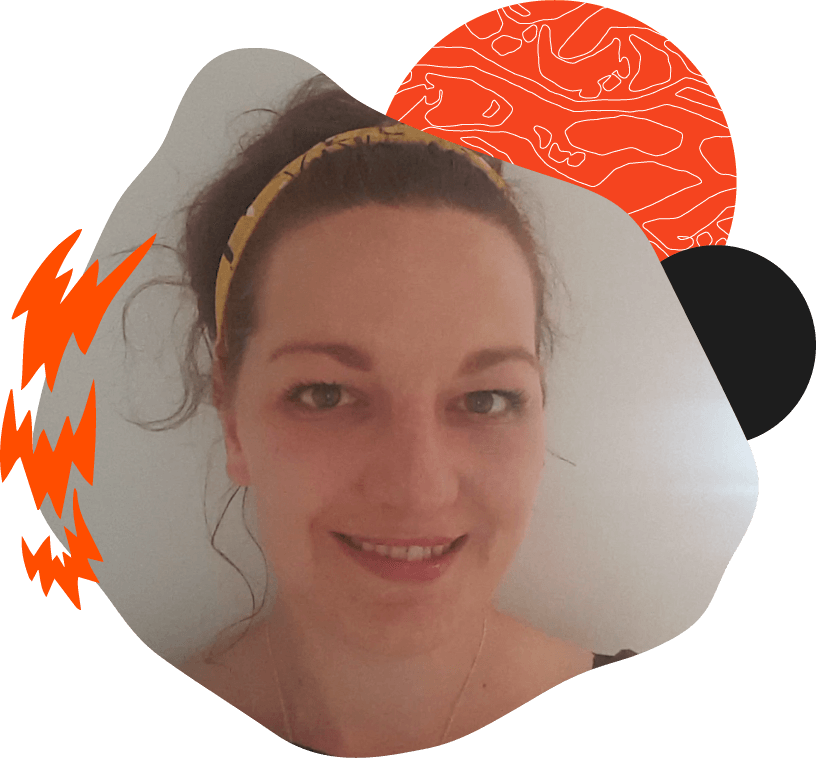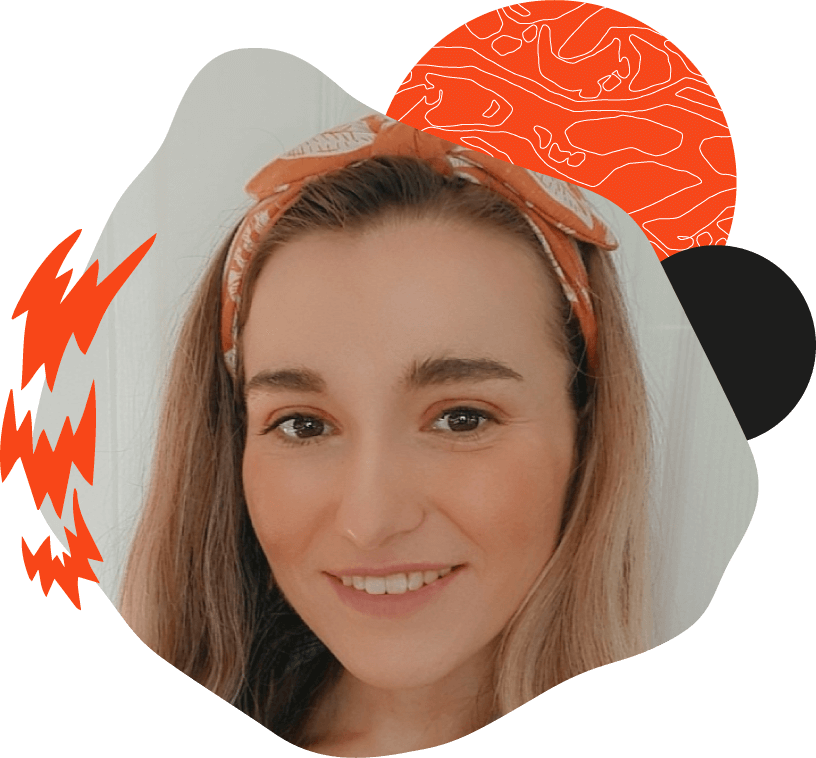What you will learn
-
Unit 1 - Health and wellbeing in young children
In this unit, you’ll look at supporting children’s development through healthy eating and exercise. You’ll study local and national initiatives aimed at keeping children fit and healthy, the importance of sleep for babies and young children, SIDS prevention, and common childhood illnesses. You’ll also explore the ways in which you can support children’s emotional wellbeing, and what you need to know about taking care of children who are unwell.
-
Unit 2 - Legislation, frameworks and professional practice in early years settings
In this unit, you’ll study the legislation relating to the safeguarding, protection and welfare of children. You’ll learn about different types of neglect and abuse, and how to spot them, along with the responsibilities of the practitioner and the relevant policies and procedures that must be followed. Next, you’ll explore legislation relating to equality, diversity, and inclusivity, the impact of discrimination, and the laws that have been brought in place to prevent this. Finally, you’ll learn about the importance of working with parents, colleagues, and other professionals, and how to encourage parents to take an active role in their child’s development.
-
Unit 3 - Theme 3: Play, development and school readiness
In this unit, you’ll learn about the importance of supporting young children’s development through play. You’ll find out how to support emergent literacy and mathematical skills, ways in which you can support a child in their transition to school, and strategies for supporting cognitive skills. You’ll discover the ways in which you can support children with additional needs, and how you can use observation, assessment, and planning to promote and support child development. Finally, you’ll learn how to use longitudinal studies observe, assess, and plan for children’s needs.
Awarding Body

CACHE stands for the Council for Awards in Care, Health and Education, and are the leading specialist Awarding Organisation for the Care and Education Sector.
View our other Council for Awards in Care, Health and Education qualifications.
CACHE stands for the Council for Awards in Care, Health and Education, and are the leading specialist Awarding Organisation for the Care and Education Sector.
Course Outcome
Upon graduation, you’ll attain fully-qualified status in the sector, as well as a license and the right to practice in the childcare workforce as an Early Years Educator. You’ll also be awarded a formal certificate of achievement from NCFE CACHE.
Once complete, you can progress into various job roles in the statutory within an Ofsted-regulated environment, voluntary or private sectors such as:
- Practitioner in day nurseries
- Practitioner in nursery schools
- Practitioner in reception classes in primary schools
- Pre-school worker
- Home-based child carer.
How is this course assessed or examined?
This course is assessed in two ways:
Tutor-marked assignments (TMAs)
Each unit is followed by a tutor-marked assignment (TMA) which will be completed at the end of each module and marked by your tutor.
You will not be required to take an external exam with this course as your portfolio of evidence is internally assessed by us and externally quality assured by the awarding body. The outcomes for each TMA are Achieved or Not Yet Achieved. Your tutor will provide feedback on your work, and should there be any amendments required, they will outline what is needed for you to complete that assignment.
Observation (included)
This course requires up to four observations. This means that somebody will need to observe your practice working with children aged 0-5 years old in an OFSTED-regulated setting. This could be in a workplace or a voluntary placement. These practical observations will be carried out by an Oxbridge Assessor (we’ll visit you) and that’s included within the course price.
We offer up to four complimentary external observations for this course to any student on the UK mainland, which is enough to complete the course.
More information about practical observations
Important note about Observations
Many other providers are currently not compliant with the observation requirements for this course.
It is not possible to complete the observations in this course using a member of staff in your placement. Observations must take place directly by the centre that runs the course.
When comparing us to others, please ensure they provide direct observations from their centre. Otherwise, you will not be able to complete your course.
Entry requirements
To begin your new career journey, you only need this qualification and your English and maths level 2 qualifications. With both of these in your pocket, you’ll be included in the level 3 staff-to-child ratio in childcare settings. We would suggest that you’ve worked with children before or hold a level 2 qualification in childcare.
